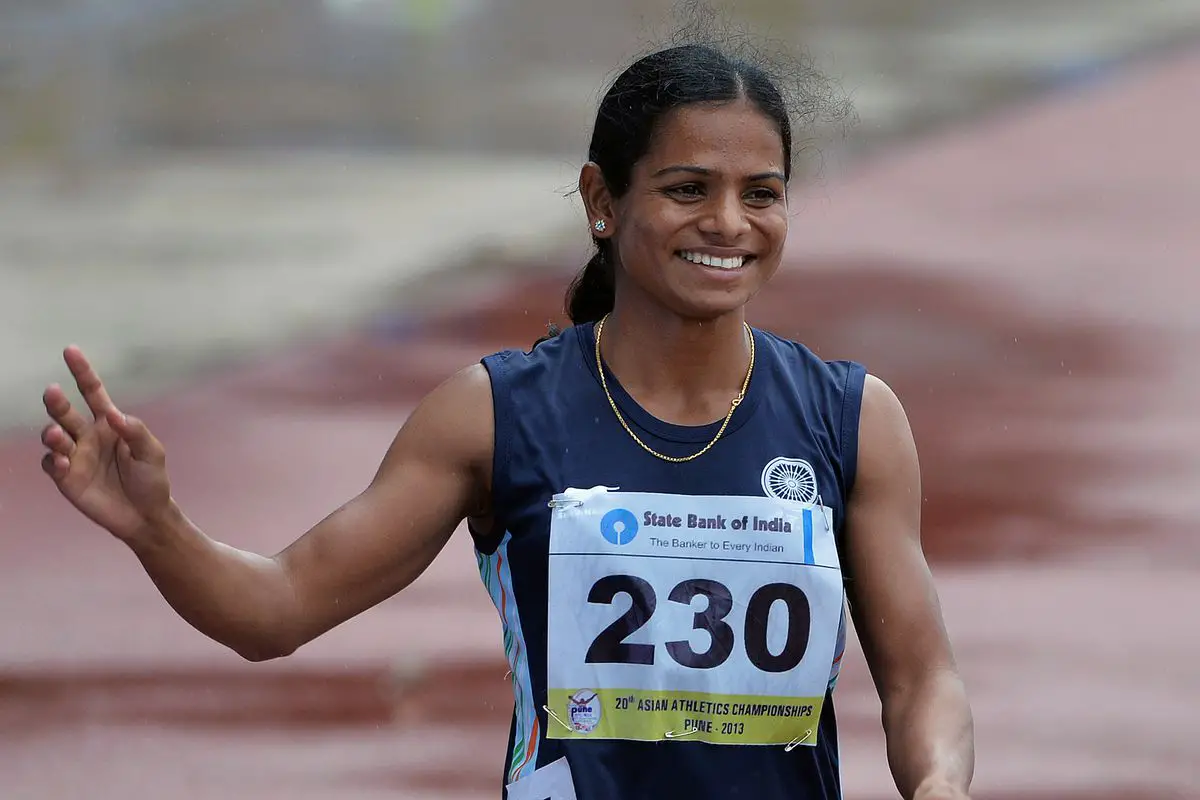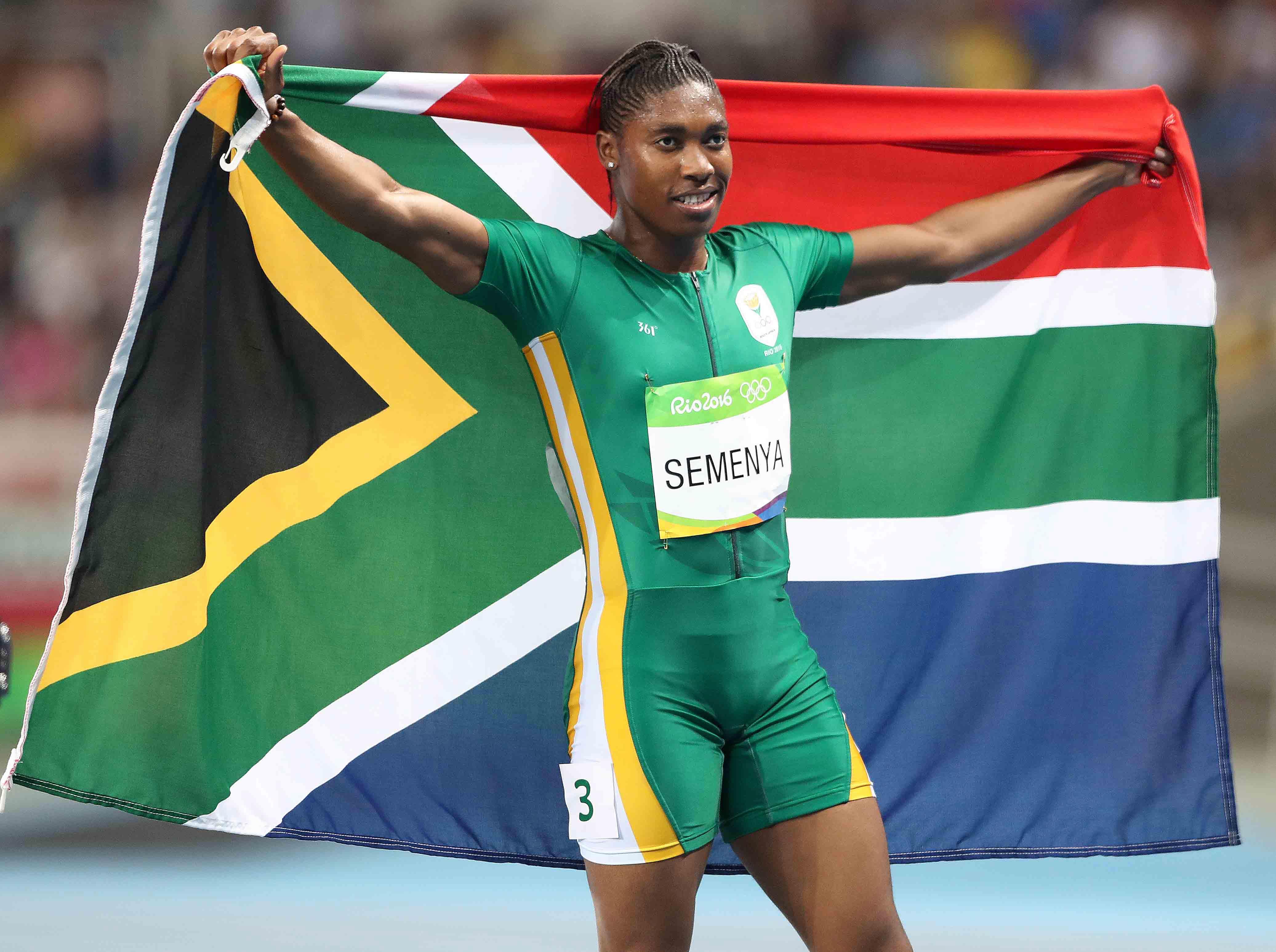Ever since women were allowed to compete in the athletic field, there has been a long practice of gender testing at national and international levels, causing shame and embarrassment for women with intersex characteristics who are trying to compete.
Recently, the International Association of Athletics Federations (IAAF) enacted new rules that will require female athletes who have hyperandrogenism, a condition in which testosterone levels in females are higher than average, to take medications that would lower their testosterone. If they refuse, the athletes risk being barred from competing.
South African Olympian Caster Semenya, who has hyperandrogenism, challenged the rules as being discriminatory toward intersex athletes. “It is not fair that I am told that I must change. It is not fair that people question who I am. I am Mokgadi Caster Semenya. I am a woman, and I am fast,” Semenya said in her press release.
The IAAF continues to defend its policy, citing its belief that higher testosterone gives female athletes a competitive advantage. “The revised rules … are about leveling the playing field to ensure fair and meaningful competition,” said IAAF president Seb Coe.
However, the scientific evidence to support the IAAF’s claims is limited, at best. The IAAF cited a study published in the British Journal of Sports Medicine to support its decision, but critics found flaws in the methodology of the study, especially its use of limited observational data, and they raised questions about the validity of the study IAAF referenced. Additionally, a 2017 study from Harvard endocrinologists concluded that it was not yet clear if testosterone does, in fact, increase athletic ability.
Previous challenges to the IAAF’s rulings regarding gender and sex classifications have been successful, which bodes well for Semenya’s case. Semenya’s objection to sex classification rules is the second major challenge in recent years, following the case of Dutee Chand v. AFI & IAAF.

Chand is an Indian runner who was barred from competition in 2014 for her testosterone levels, which were higher than the IAAF’s stringent regulations. She challenged her ban successfully, and the Court of Arbitration of Sport suspended the IAAF’s rules for two years until more conclusive evidence could be provided as to the link between testosterone and athleticism.
Ultimately, the IAAF’s decision to strictly regulate appropriate testosterone levels is an effort to police what constitutes the acceptable female body. Because Chand, Semenya and other athletes do not fit traditional definitions of femininity, their status as a woman is being questioned.
After all, there are roughly 200 different biological differences that can confer some type of athletic advantage. According to a report in the Journal of Clinical Endocrinology and Metabolism, there has been no serious call to regulate the hormone productions in elite athletes with other genetic conditions. This indicates that the IAAF’s policies have little to do with concern for biological advantages and more with policing women’s identities.
Hopefully, Semenya will be able to challenge the unfair ban and pave the way for other intersex athletes to be able to compete without having to alter their natural bodies. As of now, there are no grounds to legitimize the IAAF’s policy, and it should be repealed or suspended until further tests can provide more conclusive evidence.

















